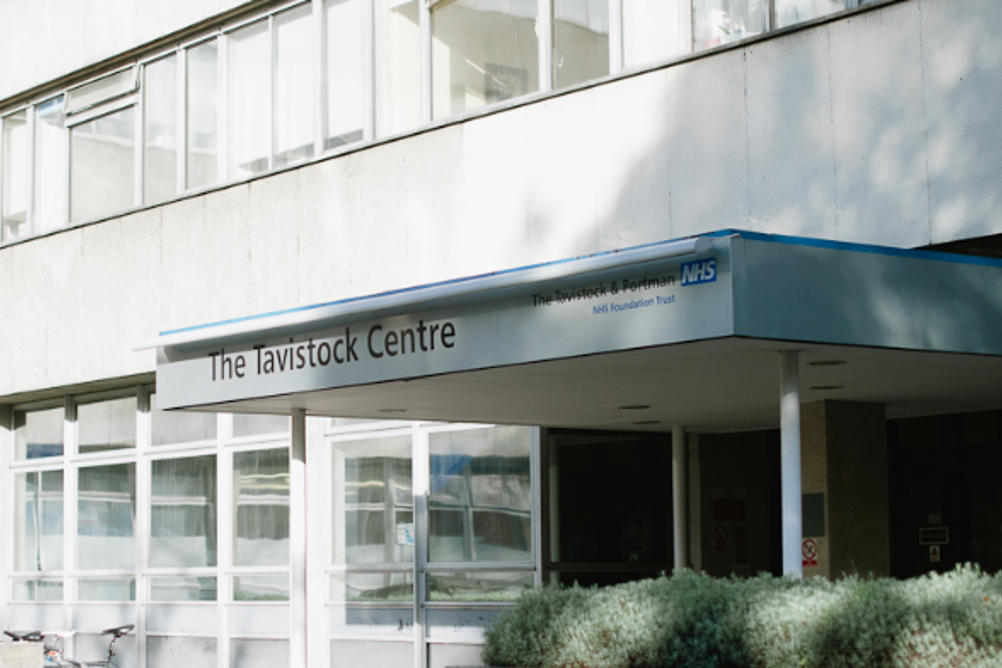
Findings from the study, run by the Tavistock and Portman NHS Trust's Gender Identity Development Service (GIDS), England's only NHS specialist gender clinic for children, and research partners at University College London Hospitals, could raise questions over a recent High Court judgment on the use of puberty blocker for under-16s.
The study began in 2011 and enrolled 44 children aged between 12 and 15 over the following three years. At the time, only those aged 16 and over were eligible for puberty blockers in the UK.
It found that of the 44 children who took part, 43 received cross-sex hormones after taking puberty blockers.
Register Now to Continue Reading
Thank you for visiting Children & Young People Now and making use of our archive of more than 60,000 expert features, topics hubs, case studies and policy updates. Why not register today and enjoy the following great benefits:
What's Included
-
Free access to 4 subscriber-only articles per month
-
Email newsletter providing advice and guidance across the sector
Already have an account? Sign in here

